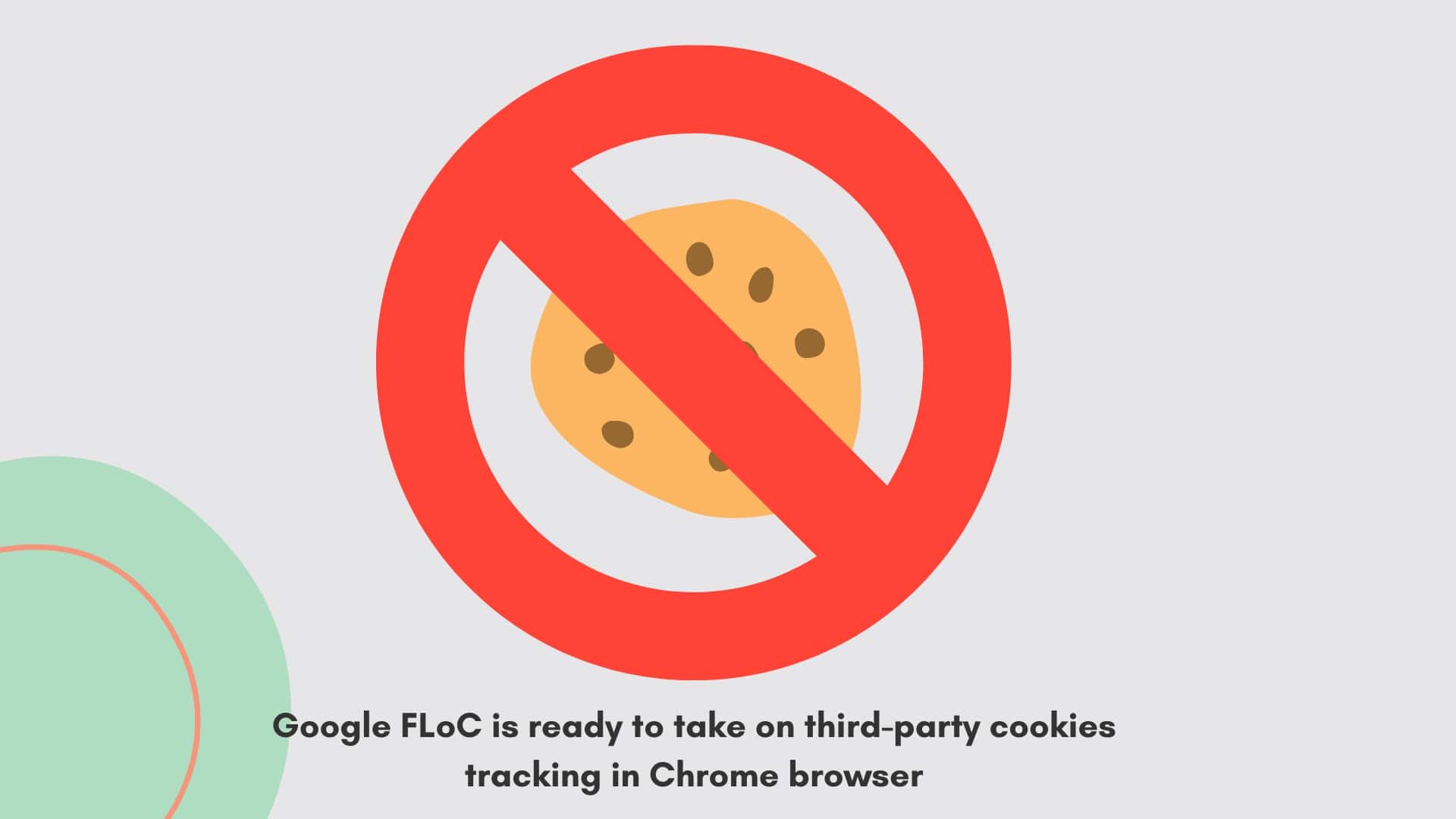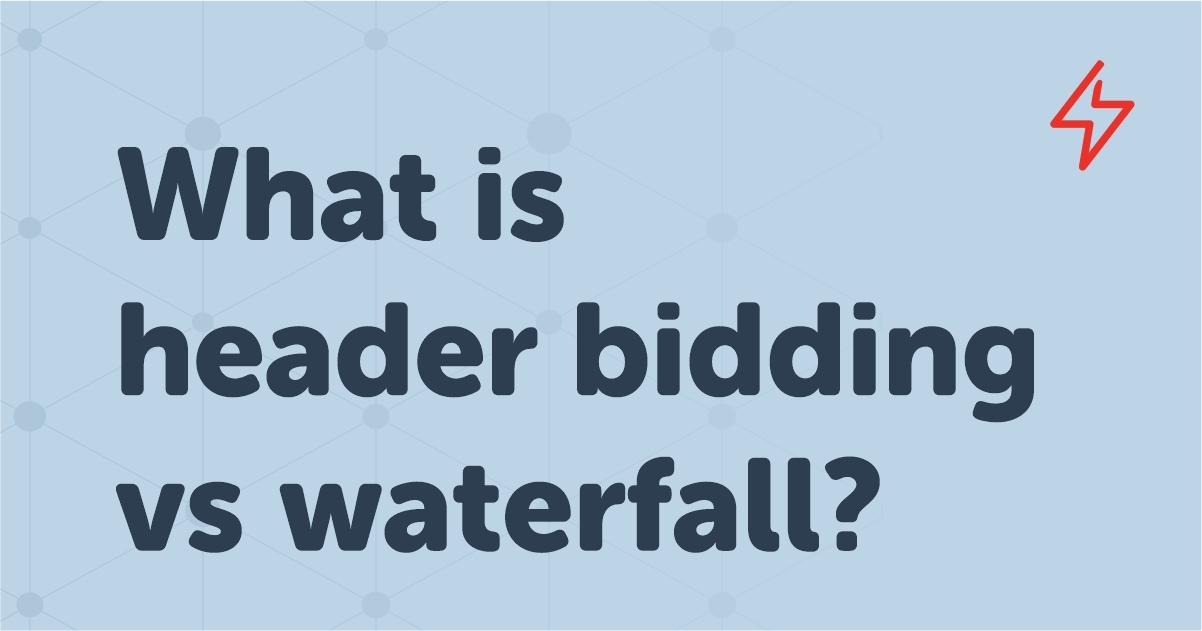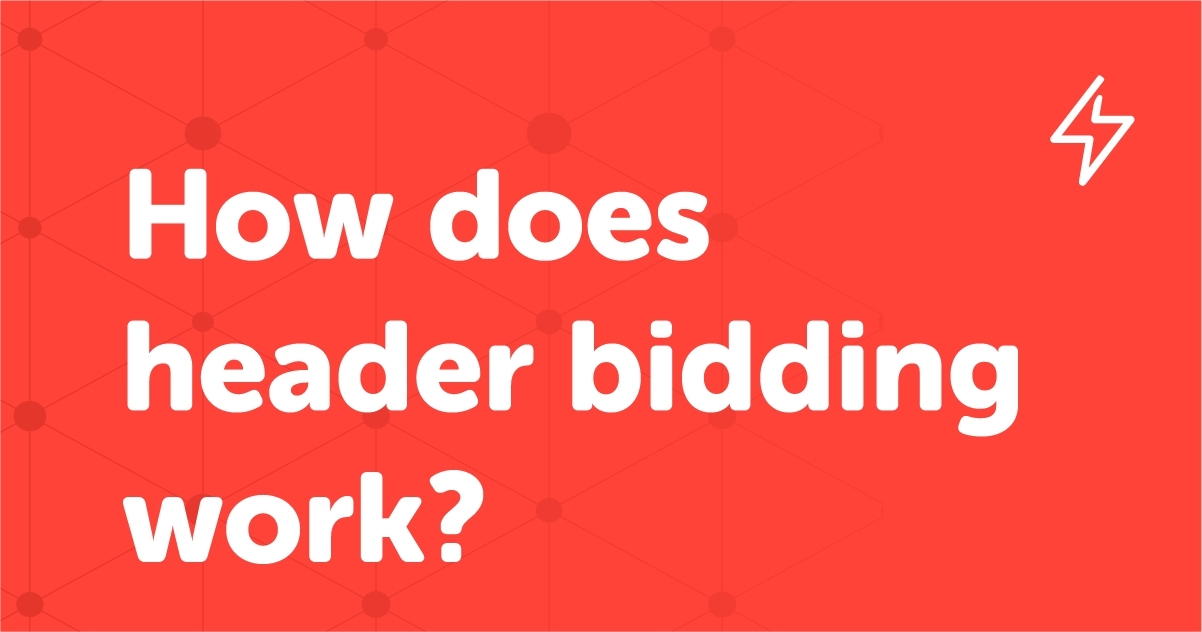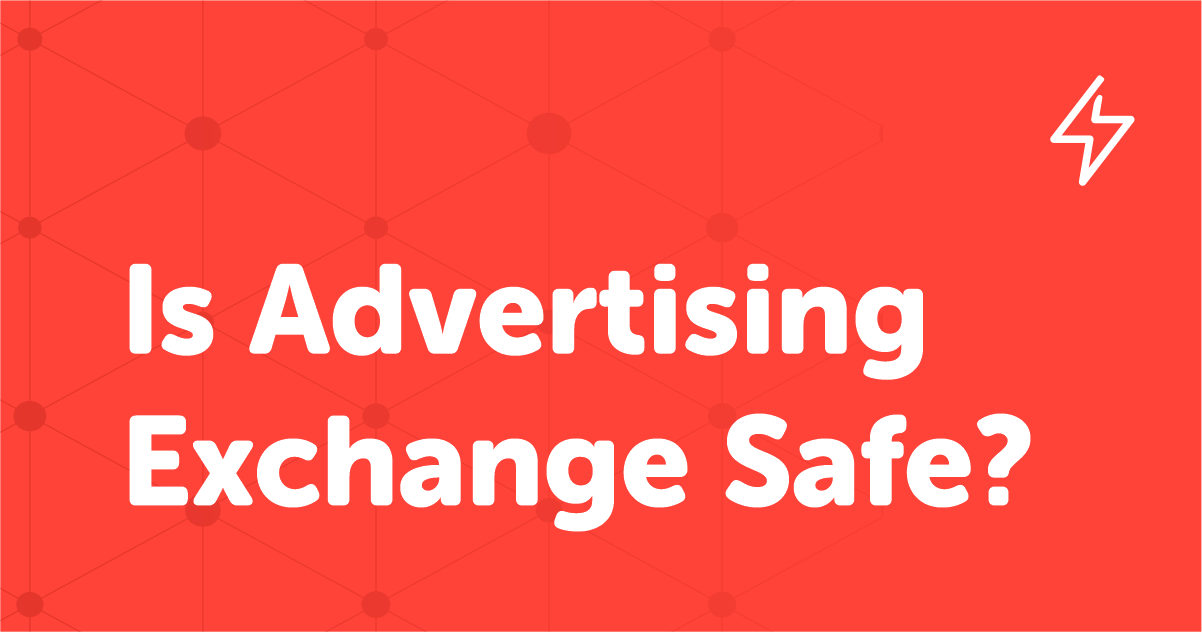Table of Contents
One year after promising privacy-preserving and open-standard mechanisms as an alternative to third-party cookies, on January 25, 2021, Google announced the results of the first origin trials of new technology for the first time. Google is calling it FLoC (Federated Learning of Cohorts).
In the reports, the internet advertising behemoth is touting the effectiveness of FLoC as an alternative to third-party cookies in the digital advertising ecosystem for advertisers. With this report, it is clear that FLoC (as an alternative to third-party cookies) is closer to reality as time progresses.
But what exactly is FLoC? How is it similar or different to the existing cookie-based system? And more importantly, how is it going to impact publishers and advertisers? Let’s deep dive into it in this blog post.
What is Google FLoC? And what is the need for it?
Federated Learning of Cohorts or FLoC is a technology to categorise a Chrome browser user in interest-based cohorts. It places them in a group instead of individually identifying them using the existing system of cookie IDs and cookie-matching. In Google’s own words it is “a new way that browsers could enable interest-based advertising on the web, in which the companies who today observe the browsing behaviour of individuals instead observe the behaviour of a cohort of similar people.”
The project is Google’s response to the increasing demand from users for privacy, data safety, and the ability to control how the data is being used. The FLoC places a user in a cohort using machine learning algorithms based on the context, URL, content, and other factors of web pages visited by the user. For example, the user visiting websites related to cars, football, and movies will be placed into cohorts of cars, football, and movie enthusiasts.
These cohorts will be kept ‘local’ on the Chrome browser where Chrome will expose these cohorts to advertisers to enable interest-based targeting.

How is FLoC replacing third-party cookie tracking?
Third-party cookies’ ability to identify users across multiple websites on a browser is derived from a feature that allows it to extract information (such as webpage URL, in-time, out-time, and other details) from the browser where the Cookie-ID acts as an identifier. And, advertisers and data-management platforms use cookie-matching to improve the quality of their user data.
In contrast, FLoC does not allot any unique identifier to users. It identifies the browser/user as a part of an interest group (cohort). FLoC allocates a cohort id to a user based on their browsing history. Additionally, this information never leaves the browser. Google further added that Chrome required this cohort id to be shared with at least a thousand distinct users to qualify for targeting. The advertiser can select from these cohorts (audience segments) for targeting on Google advertising platforms.
Google’s ad teams recently tested FLoC and shared the results with the public. The results “indicate that when it comes to generating interest-based audiences, FLoC can provide an effective replacement signal for third-party cookies.” Google further added that the “tests of FLoC to reach in-market and affinity Google Audiences show that advertisers can expect to see at least 95% of the conversions per dollar spent when compared to cookie-based advertising”. Google is planning to roll out FLoC to the public for a wider testing in March.
Please be mindful that FLoC is just one piece of the advertising puzzle. Other functionalities of third-party cookies such as attribution, frequency capping, fraud prevention, and retargeting will be handled separately. Google is working on advanced proposals like TURTLEDOVE, SPARROW, and the newly announced FLEDGE within the Privacy Sandbox protocols. Their progress and test results are awaited.
What does Google FloC mean for Publishers?
With the release of FLoC testing results, Google has further solidified its intention of stopping third-party cookies support in Chrome. Google also shared information on the development of other privacy sandbox tools to power its own advertising products. But what do all these mean for publishers and website monetisation, MP pages, or AMP Monetization? Let’s dive deeper.
- Publishers’ won’t be able to use third-party data providers to enrich their first-party data as the process is dependent on collecting and matching data using third-party cookies. This will deteriorate the value of publishers’ first-party data which can directly impact their earnings. Publishers will not focus on their data strategy from a fresh perspective if not started already.
- Google FLoC can impact the competition between Google AdX and other ad exchanges to hand Google an undue advantage. Other advertising platforms may not be able to leverage all tools available in Privacy Sandbox to the fullest. This can further consolidate Google’s position in the ad-tech industry. And what weak competition among advertising platforms can impact publishers’ revenue negatively.
Will advertisers suffer or prosper with FLoC?
Google is confident that FLoC can deliver almost the same performance for advertisers for interest-based audience targeting. But we need to wait for the results of other tools in Privacy Sandbox to comment on its efficacy for attribution, frequency capping, retargeting, and other capabilities. We also need to wait for how FLoC will handle the direct campaigns’ performance measurement as well.
The big question
Although appearing optimistic in the first results, there are still doubts over Google FloC’s capabilities in replacing third-party cookies’ all functionalities in the digital advertising ecosystem.
The recent investigation launched by the UK’s Competition and Markets Authority (CMA) into changes that Google intends to make to its Chrome web browser could negatively impact the progress and eventual deployment of sandbox proposals. The CMA triggered the investigation after it received several complaints about how the Privacy Sandbox will impact competition.
Nonetheless, Google added that it is “more confident than ever that the Privacy Sandbox is the best path forward to improve privacy for web users while ensuring publishers can earn what they need to fund great content and advertisers can reach the right people for their products”.
Also Read: Is Server-Side Header Bidding Platform The Future Of Monetization?







